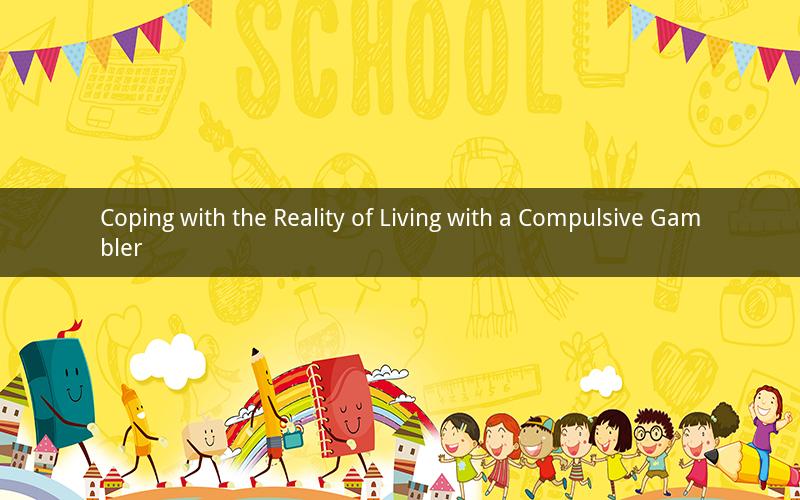
Living with a compulsive gambler can be a challenging experience, as it involves dealing with a wide range of emotions and consequences. Understanding the signs of compulsive gambling, the impact it can have on relationships, and how to cope with the situation can be crucial in maintaining your mental health and well-being. This article explores the reality of living with a compulsive gambler, providing insights into the challenges and strategies for dealing with this issue.
Signs of Compulsive Gambling
Identifying whether a loved one is suffering from compulsive gambling can be difficult, as it often involves secrecy and denial. However, there are several signs that may indicate a problem:
1. Secretive behavior: A compulsive gambler may hide their gambling activities, lie about their spending, and keep their activities hidden from family and friends.
2. Financial problems: The individual may experience frequent financial difficulties, including credit card debt, loans, or unpaid bills.
3. Time and energy: A significant amount of time and energy is devoted to gambling, often at the expense of other responsibilities and interests.
4. Emotional and psychological symptoms: A compulsive gambler may exhibit signs of anxiety, depression, or mood swings due to the stress caused by their gambling.
5. Legal and social problems: Compulsive gamblers may face legal issues, such as gambling-related arrests, or social problems, such as damaged relationships or loss of employment.
Impact on Relationships
Living with a compulsive gambler can have a profound impact on relationships, as it often creates a sense of confusion, anger, and frustration. The following are some common challenges faced by individuals in such situations:
1. Emotional turmoil: The person may feel a range of emotions, from sadness and fear to anger and resentment.
2. Financial strain: The financial burden of the compulsive gambler's actions can lead to stress and tension within the relationship.
3. Loss of trust: The secretive nature of gambling can erode trust, making it difficult to rebuild the relationship.
4. Isolation: The individual may feel isolated from friends and family, as they may be hesitant to share their struggles or fear judgment.
Coping Strategies
Dealing with a compulsive gambler can be overwhelming, but there are several strategies that can help you manage the situation:
1. Educate yourself: Learn about compulsive gambling to better understand the issue and its impact on your loved one.
2. Seek support: Join a support group for compulsive gamblers and their families, or find a therapist who specializes in gambling addiction.
3. Establish boundaries: Set clear boundaries regarding financial matters and communication, ensuring that you are not taken advantage of.
4. Encourage treatment: Encourage your loved one to seek help for their gambling addiction, whether through therapy, support groups, or residential programs.
5. Take care of yourself: Focus on your own well-being, ensuring that you have a support system in place to help you cope with the situation.
Frequently Asked Questions
1. Q: How can I help my compulsive gambler loved one overcome their addiction?
A: Encourage them to seek professional help, such as therapy or support groups. Offer your support and understanding, but remember that it is ultimately their decision to change.
2. Q: Should I confront my loved one about their gambling habits?
A: Confronting your loved one may be necessary, but it is important to approach the situation with care. Choose a calm and private setting, express your concerns without placing blame, and offer your support.
3. Q: Can I help my loved one by paying off their gambling debts?
A: Paying off your loved one's debts may provide temporary relief, but it can also enable their addiction to continue. Encourage them to face the consequences of their actions and seek help.
4. Q: Is there a risk of violence in a relationship with a compulsive gambler?
A: Yes, there is a risk of violence, especially when the individual is under the influence of stress and fear. If you feel threatened, seek help from a professional or local authorities.
5. Q: Can living with a compulsive gambler lead to mental health issues for me?
A: Yes, living with a compulsive gambler can take a toll on your mental health. It is crucial to seek support for yourself, whether through therapy, support groups, or other resources, to maintain your well-being.